StoryGenius: Story Idea & Concept Designer-story idea & concept designer
AI-powered tool for story creation
Let's get started!
Related Tools
Load More
Story Writer
Story innovation is just a click, with images and AI writer collaboration blending your ideas to produce enriched stories. A new experience awaits: stepping into the writer's role. **Specify the character appearance you want to pin, then enter ‘Pin that c
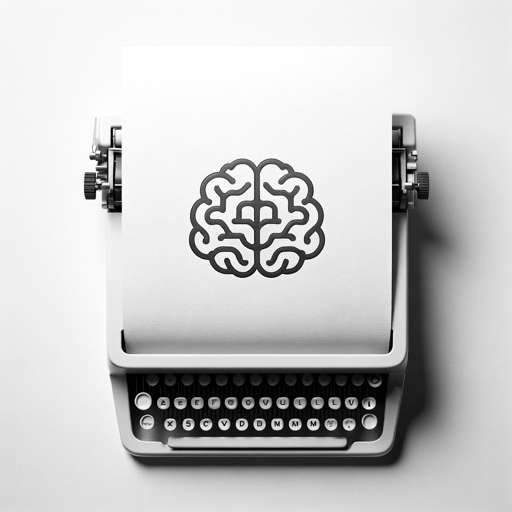
Story Builder
Your specialized narrative assistant, equipped with deep genre structuring and storytelling mastery for writers and screenwriters seeking to refine their craft.

StoryCraft Studio
With the assistance of the upcoming ⚡SORA⚡, choose a setting idea that will define the narrative of your short film or video. Dive into a captivating vision of your SORA scenario, where every detail, crafted with GPT, is vividly brought to life through 📷p

Story Maker
Make your story more elongated and more in-depth
Storyline Author
Guiding in crafting detailed, narrative-driven chapters for stories.
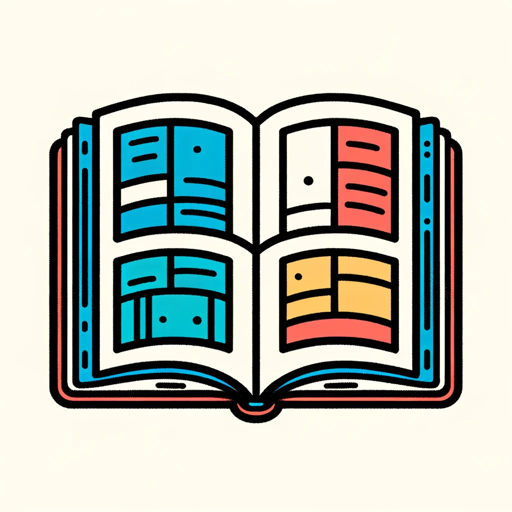
Story Builder
Generates four story-building images and gives story-building tips for secondary school students.
20.0 / 5 (200 votes)
Introduction to StoryGenius: Story Idea & Concept Designer
StoryGenius: Story Idea & Concept Designer is a specialized tool designed to assist writers in developing story ideas, concepts, and structures using a systematic approach. It guides users through a step-by-step process that covers all aspects of story creation, from identifying the genre and sub-genres to crafting detailed story elements like protagonists, antagonists, key events, and settings. This tool is particularly useful for those who seek to blend creativity with structured planning, ensuring their stories are well-rounded and compelling. By leveraging generative AI, StoryGenius enhances the creative process, offering suggestions and insights that help refine ideas into fully developed story concepts. For example, if a writer wants to create a fantasy novel, StoryGenius can help them decide on the sub-genre, such as high fantasy or urban fantasy, and guide them through creating a protagonist who fits within that world.

Main Functions of StoryGenius: Story Idea & Concept Designer
Genre and Sub-Genre Selection
Example
A writer unsure whether their story fits best as a sci-fi or fantasy novel can use StoryGenius to explore the characteristics of each genre and sub-genre, helping them choose the one that aligns with their vision.
Scenario
An aspiring author wants to write a speculative fiction story but is torn between cyberpunk and dystopian themes. StoryGenius guides them through the nuances of each sub-genre, allowing them to make an informed decision based on the story's core elements.
Story Archetype Identification
Example
StoryGenius can help a writer decide whether their story fits the 'Quest' archetype or the 'Revenge' archetype by analyzing the story's core conflict and character motivations.
Scenario
A writer with a rough story idea about a hero seeking justice for a fallen comrade uses StoryGenius to explore whether their plot aligns more closely with the 'Revenge' or 'Quest' archetype, helping them shape the narrative's direction.
Story Trajectory Development
Example
If a writer is uncertain whether their story should follow a 'Rise' or 'Fall-Rise' trajectory, StoryGenius provides insights into how each trajectory would impact the overall narrative and character development.
Scenario
An author writing a novel about a protagonist overcoming a significant personal failure uses StoryGenius to decide whether the story should depict a continuous rise to success or a more complex fall-rise arc, enhancing the emotional depth of the narrative.
Ideal Users of StoryGenius: Story Idea & Concept Designer
Aspiring Writers and Novelists
StoryGenius is particularly beneficial for aspiring writers who are in the early stages of developing their story ideas. It provides them with a structured approach to storytelling, helping them avoid common pitfalls such as inconsistent plotlines or underdeveloped characters. By guiding them through each step of the story creation process, StoryGenius ensures that their stories are coherent, compelling, and well-structured.
Experienced Authors and Screenwriters
Even seasoned writers can benefit from StoryGenius, especially when working on complex projects or exploring new genres. The tool helps them refine their ideas, explore different narrative possibilities, and ensure their stories maintain a clear and engaging trajectory. It serves as a creative companion, offering fresh perspectives and helping experienced writers push the boundaries of their storytelling.

How to Use StoryGenius: Story Idea & Concept Designer
1
Visit aichatonline.org for a free trial without login, also no need for ChatGPT Plus.
2
Select your preferred genre from options like Contemporary Real-World Fiction, Fantasy Fiction, Historical Fiction, Science Fiction, Western Fiction, or create a hybrid by fusing them.
3
Follow the guided process, where you'll answer questions about sub-genres, story archetypes, and story focus. The system uses these inputs to help structure your story idea.
4
Explore the provided story trajectories and select one that aligns with your vision. Trajectories include Rise, Fall, Roller-Coaster, and others, each offering a unique narrative path.
5
Once your story idea is developed, generate a story synopsis and other key story elements like the protagonist, setting, and significant object. The system will assist you in refining these to align with your story's theme and goals.
Try other advanced and practical GPTs
Grammar Fixer
AI-powered grammar corrections for clear writing.
Boolean Wizard for Recruitment
AI-powered Boolean Search for Recruiters

Rust GPT
AI-powered Rust programming assistant

Business and Data Analysis
AI-driven insights for business growth
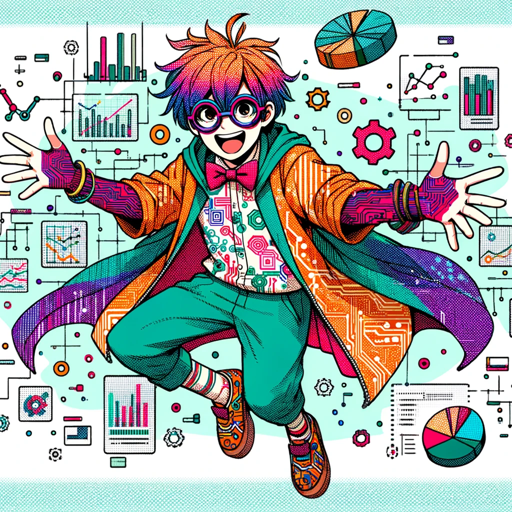
AccountingGPT
AI-powered accounting guidance, simplified

demiurge.engineer
AI-Powered Custom Code Solutions

C.O.O.P.E.R.
AI-powered insights for smarter marketing

Book Reviewer
AI-Powered Detailed Book Reviews

SWOT GPT
AI-powered SWOT analysis tailored by expert personas.

AnthropologyGPT
Unlock anthropological expertise through AI.
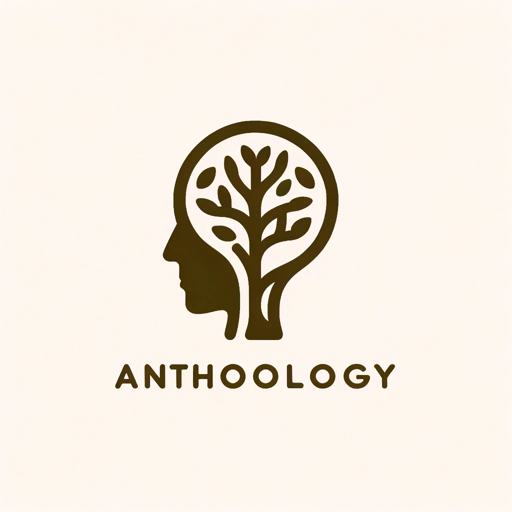
Sudoku Solver
Solve Sudokus Effortlessly with AI Power
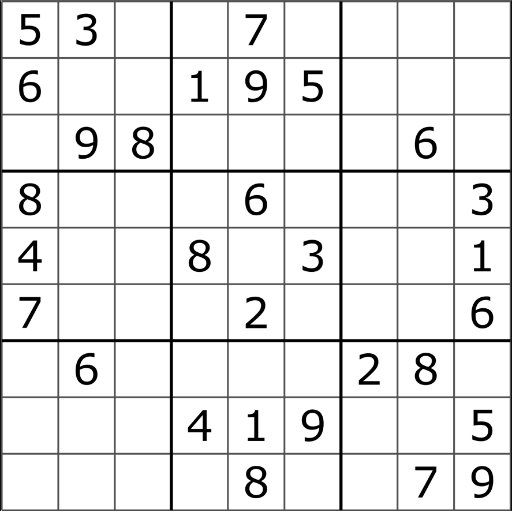
chatTechnote
AI-powered insights from Sharetechnote
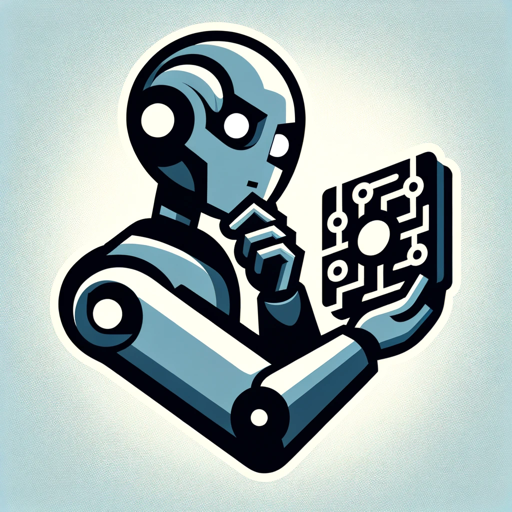
- Plot Development
- Fiction Writing
- Screenwriting
- Character Building
- Story Design
StoryGenius: Story Idea & Concept Designer - Q&A
What genres can I explore with StoryGenius?
StoryGenius offers genres including Contemporary Real-World Fiction, Fantasy Fiction, Historical Fiction, Science Fiction, and Western Fiction. You can also create hybrid genres by fusing elements from different genres.
How does StoryGenius help in the story development process?
StoryGenius guides you through a structured process, helping you select genres, sub-genres, and archetypes, and crafting a detailed story concept. It assists in creating a story synopsis, character profiles, and other key elements.
Can StoryGenius assist with writing different types of stories?
Yes, StoryGenius is versatile and can assist in creating stories for novels, comics, screenplays, and more. It provides tools for developing narratives, characters, settings, and even complex thematic elements.
Does StoryGenius offer customization for specific storytelling needs?
Absolutely. You can customize your story by selecting specific genres, sub-genres, and story trajectories. The system adapts to your choices, providing tailored guidance to shape your narrative.
What is the role of AI in StoryGenius?
StoryGenius leverages AI to assist with story development, offering prompts and structure while leaving creative control in your hands. It helps streamline the process, but the final narrative is shaped by your input.